Postcard From the Pandemic: Creativity Behind Closed Doors in New York City
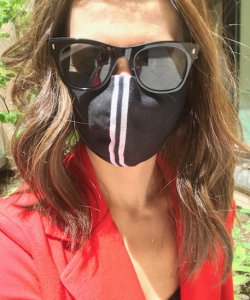
The author of And Then We Grew Up considers solitude, loneliness, and the act of writing in a city hit hard by COVID-19.
Jump to navigation Skip to content
Articles from Poet & Writers Magazine include material from the print edition plus exclusive online-only material.

The author of And Then We Grew Up considers solitude, loneliness, and the act of writing in a city hit hard by COVID-19.
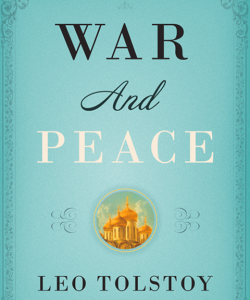
Reading Tolstoy’s War and Peace as part of a virtual book club hosted by Yiyun Li and A Public Space has become a comforting ritual during the pandemic.
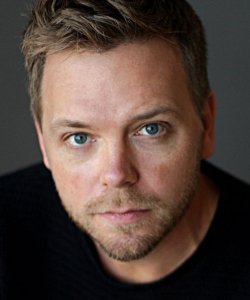
The author of The Nix struggles with the pressure to be productive during the pandemic and finds relief in celebrating the small victories.
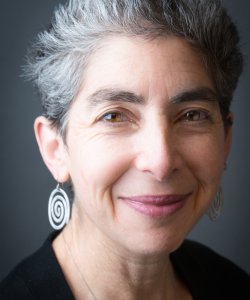
A writer considers the ways in which the coronavirus pandemic is changing us, including the words we use.
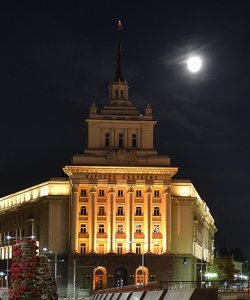
A writer in Sofia, Bulgaria, tracks the coronavirus pandemic through a global network of family and friends.
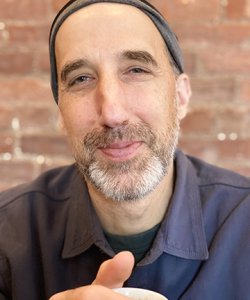
A writer recalls the transportation security officers who inspired his forthcoming novel, In Security.
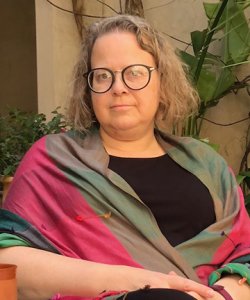
On the occasion of her birthday, a writer finds a new perspective on life’s frailty during the coronavirus pandemic.
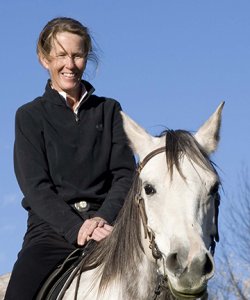
A horse trainer and author of a memoir, Half Broke, contemplates silence, distance, and the language of our bodies during a pandemic.
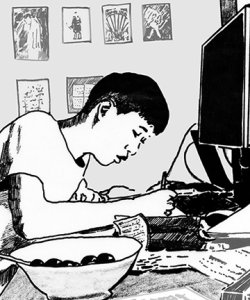
A writer and illustrator in Hong Kong contemplates the lack of social interaction during the coronavirus pandemic.
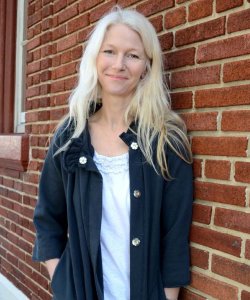
An adjunct professor at the University of San Francisco writes about transitioning to online learning after her physical classroom was closed.
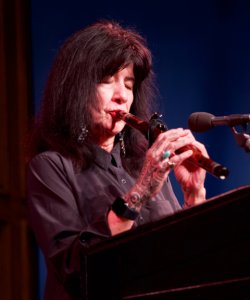
On October 7, Aracelis Girmay and U.S. poet laureate Joy Harjo read from recent work at the 92nd Street Y.
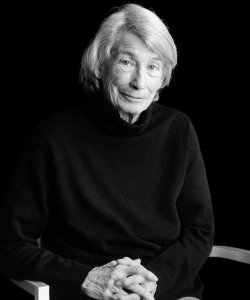
Friends gathered at the 92nd Street Y on the evening of September 23 to pay tribute to the esteemed poet Mary Oliver, who died in January at the age of eighty-three.
On a warm, breezy Saturday evening, hundreds of people who had spent the past three days at the annual BookExpo America took a break from the hubbub to attend You Are Not Alone, a celebration featuring comedy, music, and, of course, some top-notch literature.
Contemporary literature lovers invaded ten beer-soaked bars scattered throughout Manhattan’s Lower East Side and East Village as part of the second annual Lit Crawl NYC—a two-hour bar hop serving up an eclectic taste of the New York City literary scene.
An evening with the novelist Carolyn Chute is wonderfully unliterary. This is especially true when she is reading in her native Maine.

Last Sunday, at the sixth annual Sarah Lawrence College Poetry Festival, poets Michael and Matthew Dickman joined Dorianne Laux and her husband Joseph Millar to talk about forming a writing community.
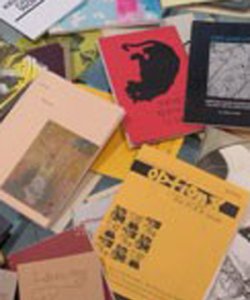
This past weekend, as the sidewalks and the streets of midtown Manhattan once again began to fill with urban dwellers lingering in the first warmth of spring, some of New York City’s writers and publishers found pause indoors, creating, investigating, and celebrating the little sibling of the poetry collection: the chapbook.
On the second Saturday of this month, a renovated turn-of-the-century electrical parts factory in the Long Island City neighborhood of Queens was aglow with jovial literary energy, much of which was generated in response to the albatross of many a writer: student loan debt.
Earlier this month, Brian Turner, Buddy Wakefield, Ofelia Zepeda, and other poets gathered in the desert for the twenty-seventh annual Tucson Poetry Festival.
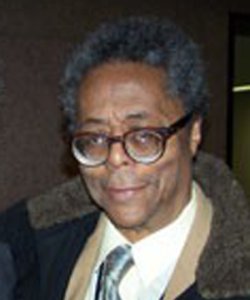
Boston-area poets and poetry fans came in from the cold last weekend to read, listen, and mingle at one of the city’s best-known literary events: the Boston National Poetry Month Festival.
On April 1 I had the joy of being in the audience at the New School in New York City for a reading by six poets of the Oulipo, or Ouvroir de littérature potentielle (“workshop of potential literature”), a writers group founded in France in 1960 by writer and mathematician Raymond Queneau and scientist François Le Lionnaisnown.
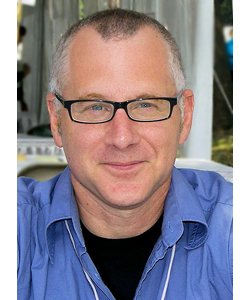
Novelist Tom Perrotta visited the University of New Hampshire in Durham as part of its Writers Series on an early March afternoon that was sunny enough for New Englanders to shed their wool caps and warm enough for the giant sand-filled snow banks that lined the roads to recede ever so slightly.
Four days after a liberal blogger and writer was stabbed at a bookstore during a reading in Beijing, the writing community here still has more questions than answers. Xu Lai is recovering, his compatriots are actively theorizing about the motives behind the incident in their blogs, and the proprietors of the bookstore-café that sponsored the event are uneasy and hoping to avoid notoriety.
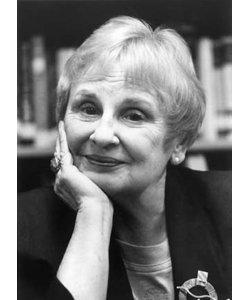
Against a backdrop of snowfall and accompanied by the jazz strains of “A Nightingale Sang in Berkeley Square,” a memorial service for the legendary W. W. Norton editor Carol Houck Smith, who died late last year at the age of eighty-five, was held recently at St. Peter’s Church in New York City.
On a morning marked with the waving of tiny American flags and tears running down cold cheeks, friends and family and strangers hugged each other for warmth and in celebration—all of us united under a banner of words.